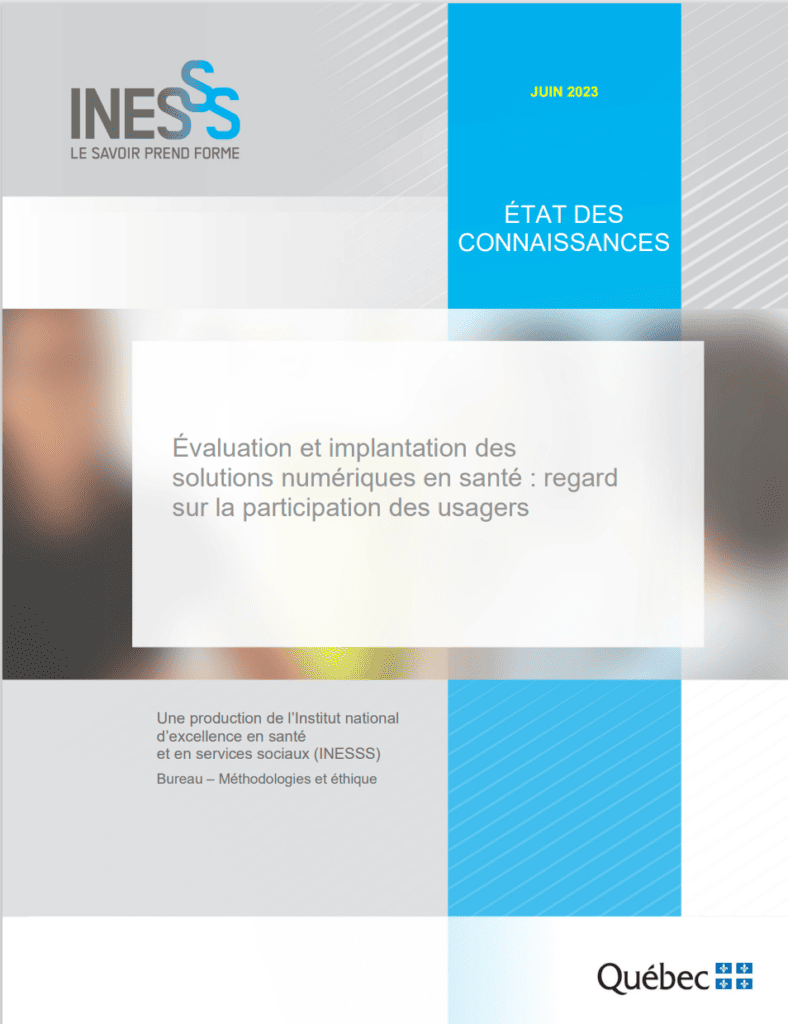
A review conducted by INESSS highlights the barriers and facilitators to the implementation of digital health solutions, as well as frameworks used for evaluating these technologies. The consultation with patients and citizens highlights issues such as equity of access, accessibility and security of personal health data, and training and support of users. The study shows the heterogeneity of approaches underlying their assessment in practice and emphasizes the need for strategies tailored to users’ needs.
Recent Posts
Accelerating Access to Latin America Innovative Therapies Through Collaboration and Innovation
Accelerating Access to Latin America Innovative Therapies
In this update we outline a strategic vision for transforming Latin America's healthcare systems through innovation, collaboration, and equitable access, with a stron...
Patient-Reported Outcomes Trends in Clinical Trials: Insights from 2008-2023
Patient-reported outcomes trends show a clear surge in clinical trials from 2008 to 2023, where usage has doubled in interventional studies, while tools like EQ-5D lead as the top generic instrument, with PROMIS seeing e...
Addressing AI Polyp Detection Gaps: A Roadmap for Evidence Generation and NHS Integration
Addressing Evidence Gaps in AI Polyp Detection
AI Polyp Detection Gaps persist in colorectal cancer screening, as highlighted by the National Institute for He...